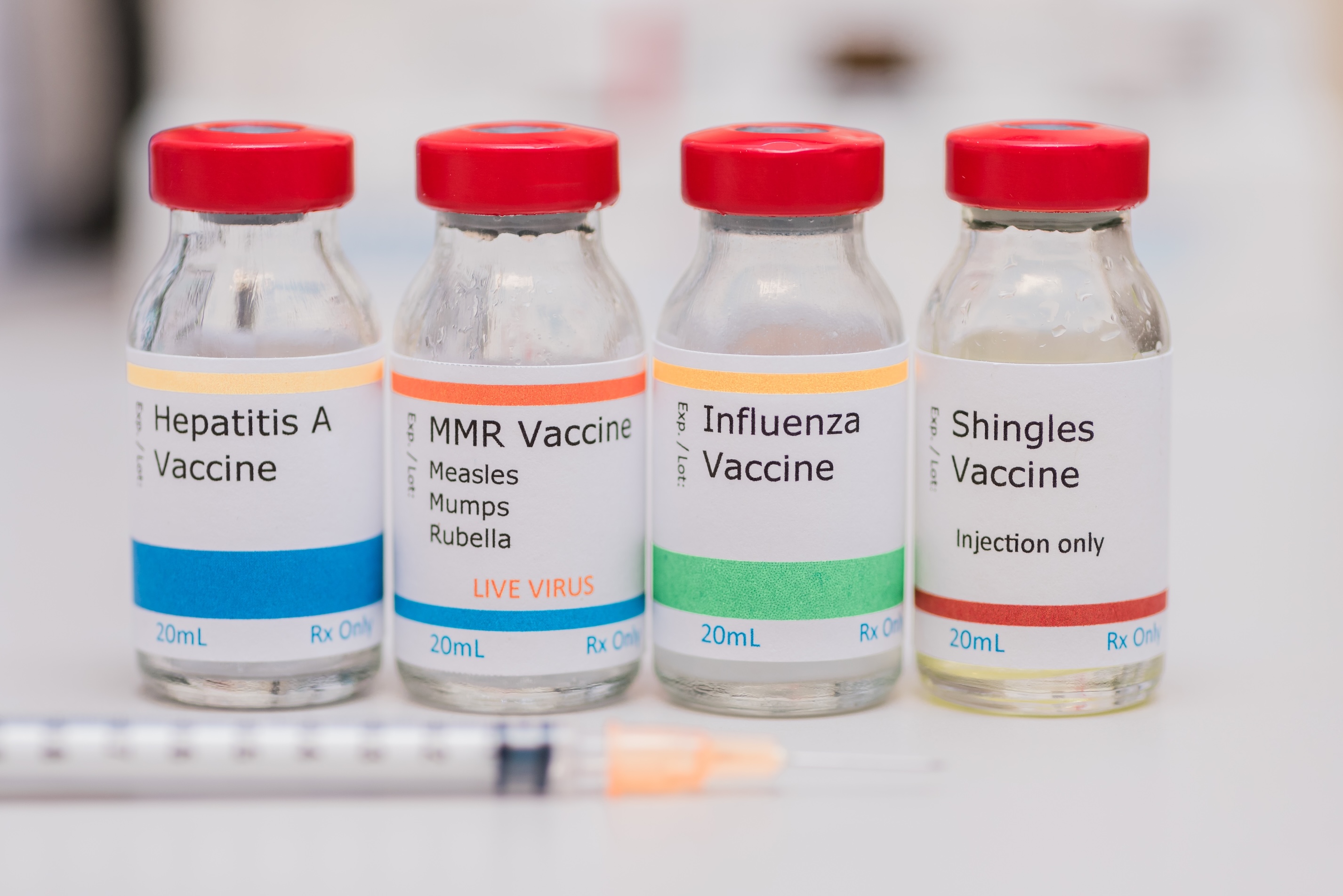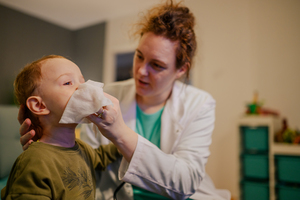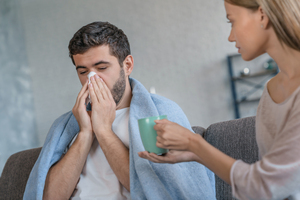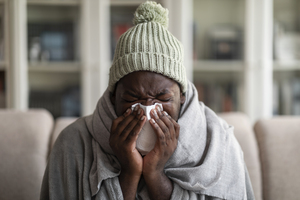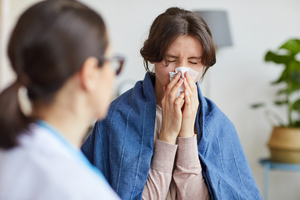The MMR vaccine protects against three highly contagious viral diseases: measles, mumps, and rubella. It’s a safe, effective way to prevent serious complications like pneumonia, meningitis, and birth defects.
What is MMR – measles, mumps, and rubella?
The MMR vaccine is a crucial immunization that protects against three contagious viral diseases, according to the CDC: measles, mumps, and rubella. Here’s a breakdown of each disease:
Measles
Measles is a highly contagious viral infection characterized by symptoms such as high fever, cough, runny nose, and a distinctive red rash that typically appears several days after the initial symptoms.
Mumps
Mumps is a viral infection that primarily affects the salivary glands, leading to swelling and pain in the jaw area, along with fever and fatigue. It can also cause complications affecting other organs.
Rubella
Rubella, also known as German measles, is a contagious viral infection that causes a mild rash and fever; however, it poses significant risks during pregnancy, potentially leading to serious birth defects.

